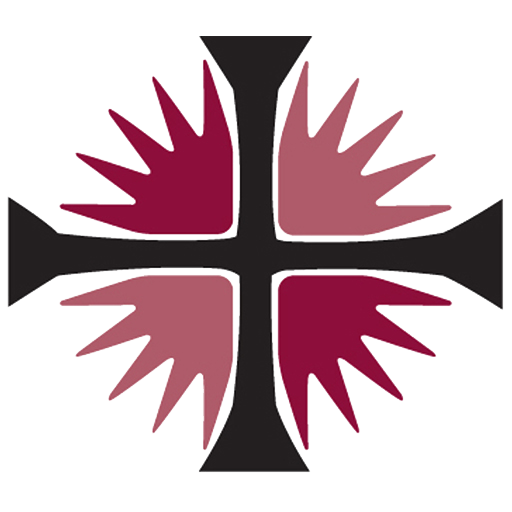You cannot write the word on social media without triggering an inquiry about your safety or being digitally reprimanded for violating the platform’s community policy. But the digital space isn’t the only place where the word “suicide” can’t be used; just ask a church-going family who experienced the loss of a loved one due to suicide about the silence of fellow church members and friends during their bereavement. Tens of thousands of families each year must now speak a word most never imagined being in their lexicon. According to the Centers for Disease Control and Prevention (CDC), suicide was responsible for 48,183 deaths in 2021, which is about one death every 11 minutes.
On Friday, Sept. 15, I attended the Hold Onto Hope Suicide Prevention event held in Fayetteville in observance of National Suicide Prevention Month, a time of awareness for a stigmatized topic. Presented by THE LINK, a consortium of agencies that serve veterans and their families, the event also centered on remembering lives lost, recognizing those struggling with suicidal ideation, and acknowledging those in the community impacted.
“It can happen to anyone,” said Kimberly Franco, a retired veteran whose brother committed suicide. “How did I miss it? I had tunnel vision, and I thought I knew what someone looked like. It can be anyone,” added Franco, who founded One Common Bond, a Fayetteville-based nonprofit that offers grief support and suicide prevention training worldwide. One of the most moving elements of the evening was a memorial table she curated. As attendees entered Manna Church, they were directed to a table with flowers of different colors, representing the relationships between attendees and those who had died. For example, someone remembering the life of a sibling could place an orange flower in the memorial vase.
From a mother who stood up during a Q&A to share the events surrounding the recent death of her 14-year-old son to a veteran recounting his suicide ideation as his service dog sat nearby on the stage, the evening was an opportunity to hear from people navigating various spaces between grief and hope.
As I reflected on the event, my mind drifted back to 1996 when the word I can’t write out on Facebook entered my vocabulary. I’ll never forget my mom’s call about a young man I had come to know because his grandmother attended our home church. “Call her when you get time,” my mother encouraged as I tried to wrap my mind around the news regarding this 25-year-old veteran I had a childhood crush on. His grandmother, an evangelist who led my church’s prayer ministry, recounted the final hours of his life and how she had attempted to intervene with prayer and encouragement. Back then, I didn’t have the training I now have to answer my many questions.
“You have to let go of the ‘Why?’” said HOH speaker Dr. Lior Vered-Langley, whose veteran husband lost his battle with Post-Traumatic Stress Disorder. “The only person who can answer that is no longer here.”
Although September has passed, awareness remains key as the holiday season unfolds and daylight savings time arrives this weekend, which can impact mental health.
If you or someone you know is struggling or in crisis, help is available. Call or text 988 or chat 988lifeline.org.

